Metatropin is a synthetic human growth hormone used to treat children with growth hormone deficiency and adults with growth hormone deficiency caused by pituitary tumors, surgery, radiation, or other conditions. It works by stimulating the growth of tissues and bones in the body.
Uses:
Metatropin is used to treat growth hormone deficiency in both children and adults. In children, it is used to treat short stature or height. In adults, it is used to treat muscle wasting, osteoporosis, and other conditions associated with low levels of growth hormone.
Storage Conditions:
Metatropin should be stored at room temperature (2-8°C) and should be protected from light. Do not freeze or shake the medication. Once reconstituted, it should be kept refrigerated and used within 28 days.
Mechanism of Action:
Metatropin works by increasing the levels of growth hormone in the body. It binds to the growth hormone receptor, which triggers the activation of several signaling pathways that stimulate the growth of tissues and bones. It also has metabolic effects, such as increasing glucose uptake and reducing fat storage.
HOW TO USE:
Metatropin is injected subcutaneously (under the skin) or intramuscularly (into the muscle). The dosage and frequency of injections depend on the patient’s age, weight, and the severity of the condition. Children usually require higher doses than adults. It is important to follow the instructions of the healthcare provider and do not change the dosage without consulting them.
Important Safety Information:
Do not use Metatropin if you are allergic to any of its ingredients. Before using it, inform your healthcare provider if you have diabetes, thyroid problems, kidney disease, or any other medical conditions. It may interact with some medications, such as glucocorticoids or insulin, so it is important to inform your healthcare provider of all the medications you are taking before using Metatropin.
Indications:
Metatropin is indicated for the treatment of growth hormone deficiency in both children and adults. It is also used off-label for bodybuilding and anti-aging purposes.
Precautions:
Regular monitoring of the growth and development of children receiving Metatropin is essential. Adults should have regular checkups to monitor blood sugar, cholesterol levels, and bone density. If you experience any symptoms of pancreatitis, such as severe abdominal pain, nausea, or vomiting, stop using Metatropin and seek medical attention immediately.
Interactions:
Metatropin may interact with some medications, such as glucocorticoids or insulin, which may affect the effectiveness of the medication. Inform your healthcare provider of all the medications you are taking before using Metatropin.
Contraindications:
Metatropin is contraindicated in patients with active malignancy, diabetic retinopathy, severe obesity, or hypersensitivity to any of its ingredients. It should not be used in patients with closed epiphyses.
Overdose:
Overdose of Metatropin may cause symptoms such as swelling of limbs, joint pain, and muscle pain. If you suspect an overdose, contact your healthcare provider immediately.
Side Effects:
Metatropin may cause some side effects, such as injection site reactions, headaches, joint pain, and muscle pain. In rare cases, it may cause more serious side effects, such as pancreatitis or allergic reactions. If you experience any symptoms of these serious side effects, seek medical attention immediately.

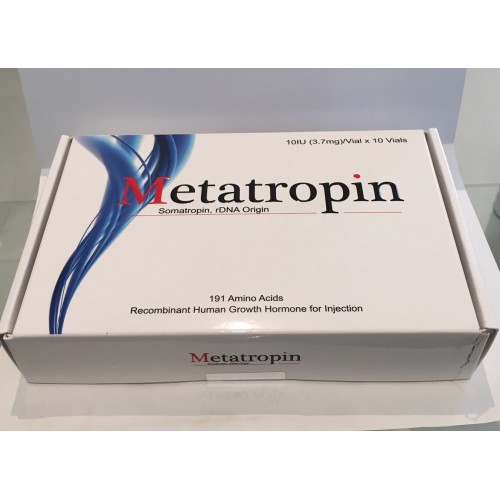

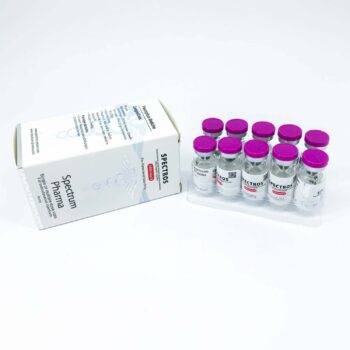
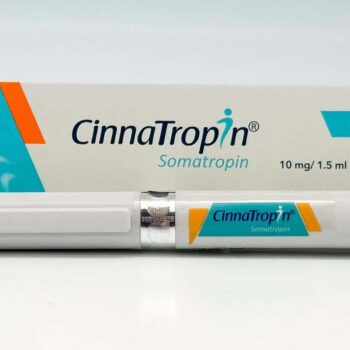
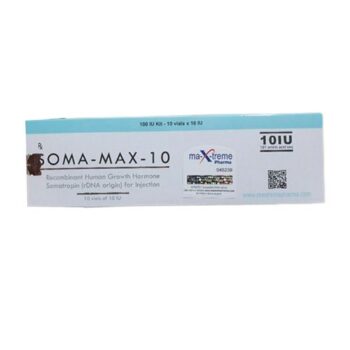
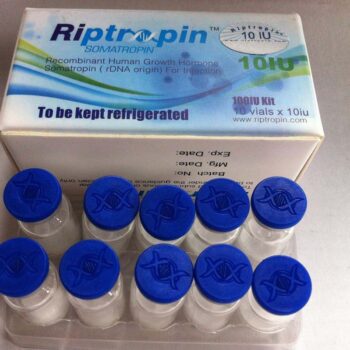
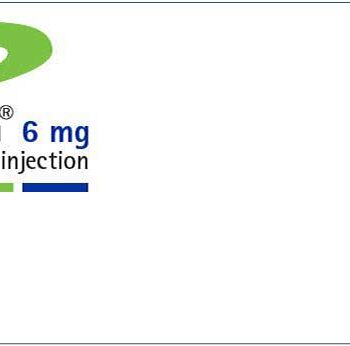
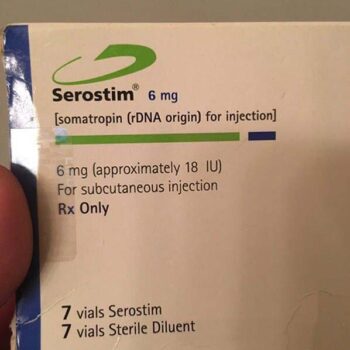

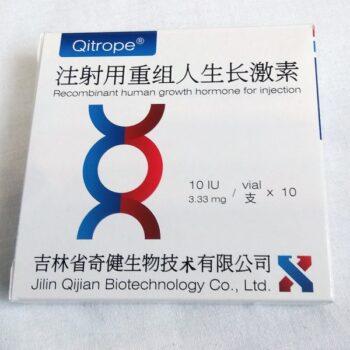


Christian –
Metatropin has been an excellent choice for my growth hormone therapy. The product is reliable, with consistent potency and quality. Since starting treatment, I’ve noticed increased energy, improved muscle tone, and better overall wellness. The results have exceeded my expectations, and the product is easy to store and handle. Highly recommend for anyone needing a trusted growth hormone option.
D. B. Gore –
Metatropin delivers impressive results with noticeable improvements in strength, recovery, and vitality. The injections are straightforward, and the product feels genuine and effective. I’ve experienced a real boost in my overall health and well-being since using it. Definitely a reliable option for growth hormone therapy.